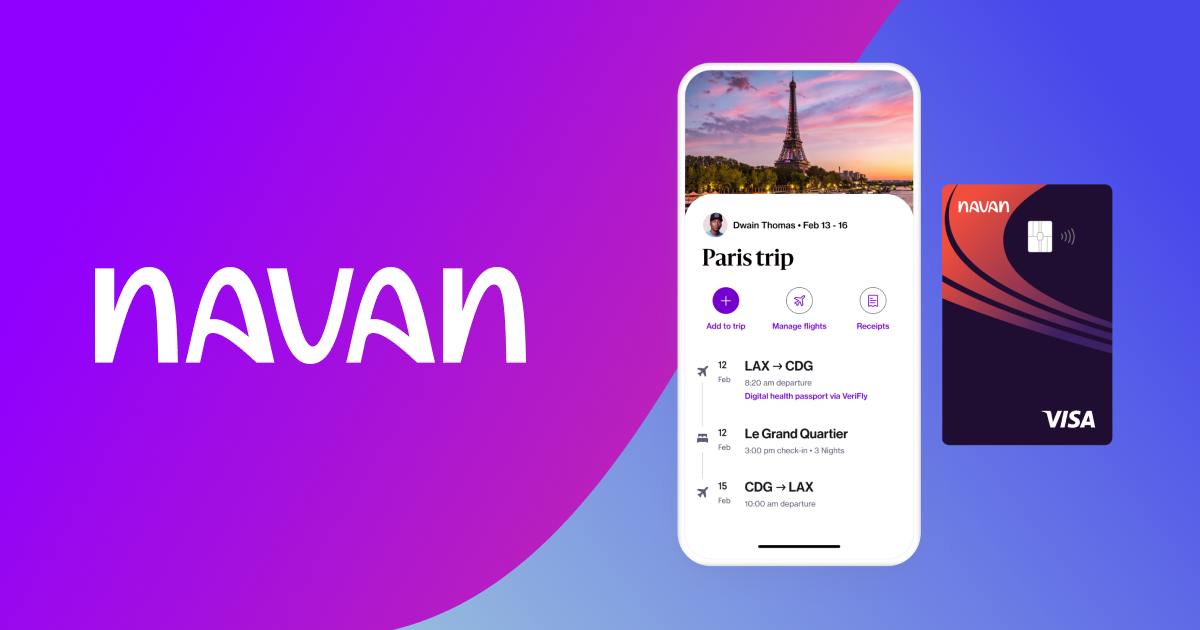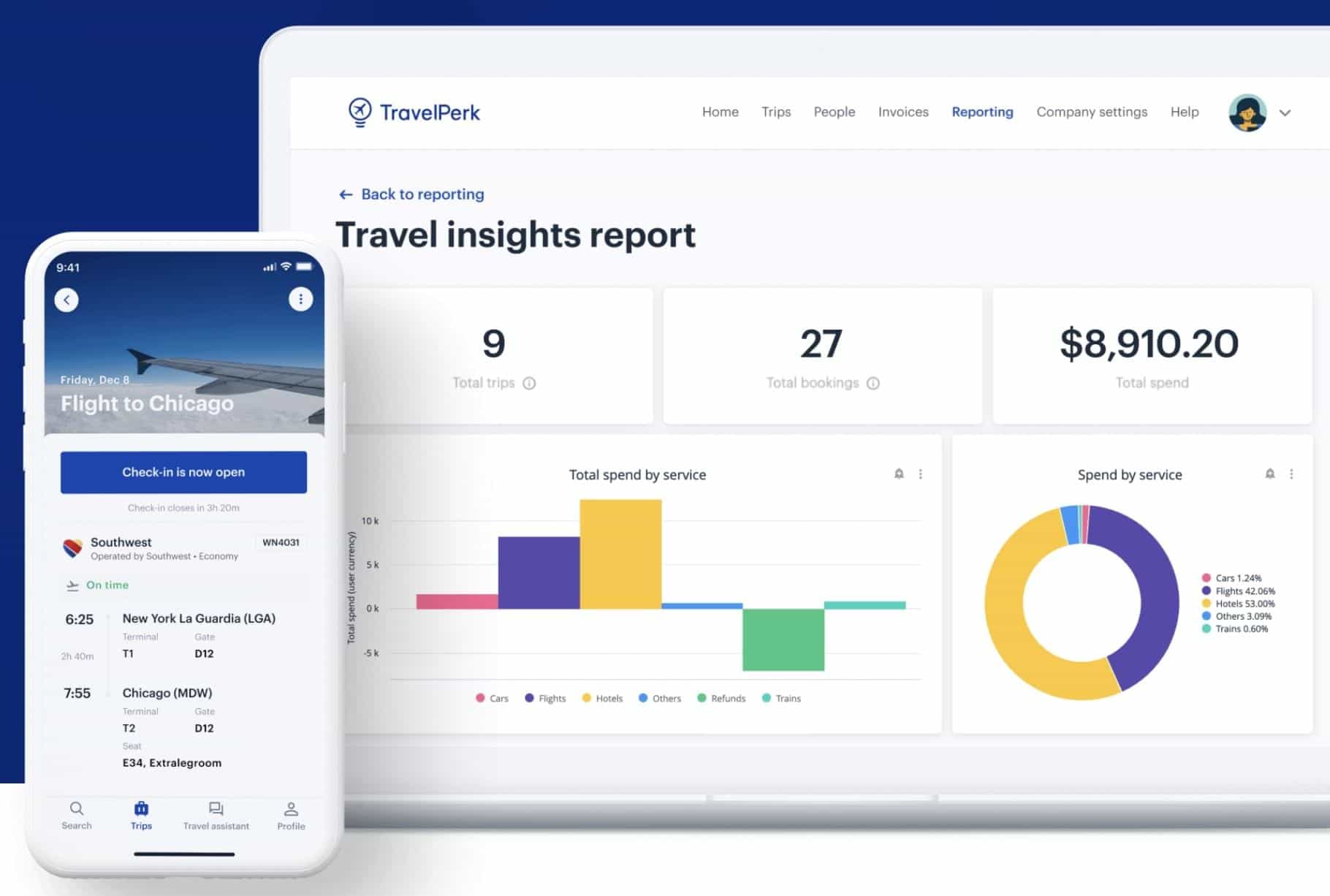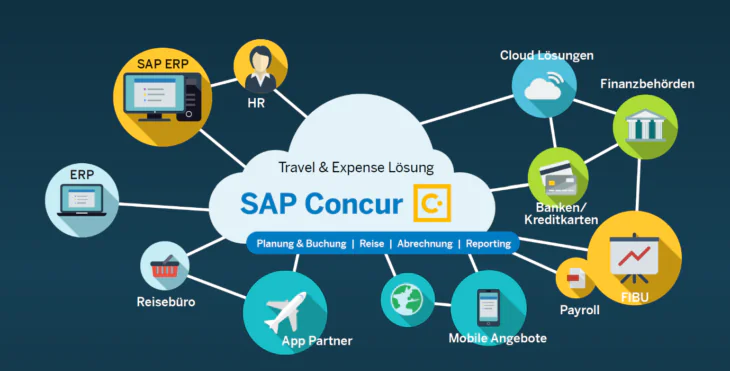Running a business that requires travel – whether domestic or international – involves more than just booking flights. Choosing the best business travel company can save money, time, reduce risk, and simplify logistics. This guide explains what to look for, reviews top companies in 2025, shows real‑world service “products” or tools, how they solve problems, and how to choose & buy.
Why Businesses Need a Professional Travel Management Provider
Travel for business brings many hidden complexities:
-
Cost Management & Savings: Without centralized control, companies often overpay for flights, waste hotel nights, pay for unnecessary layovers, or miss out on volume discounts. A professional business travel company has established vendor relationships, negotiated rates, and data analytics to reduce costs.
-
Duty‑of‑Care & Risk Management: When employees are abroad, companies are responsible for their safety. A travel provider monitors travel advisories, handles emergency disruptions, and ensures compliance with visa, health, and safety requirements.
-
Operational Efficiency & Time Savings: Booking, modifying, tracking, expense consolidation – all these are time‑consuming. A travel management service automates many tasks, gives a single dashboard, support lines, and integrates travel & expense.
-
Traveler Experience & Satisfaction: A seamless process – easy booking, flexibility, responsive support – boosts morale and productivity. People who travel often want clarity, comfort, reward, and reliability.
Using a top business travel company transforms travel from a logistical burden into a competitive advantage.
What Features Distinguish the Best Business Travel Companies
Here are the features you should look for in a top business travel provider:
-
Access to large inventory: flights, hotels, rental cars, trains, black‑car or private transfers.
-
Strong travel & expense integration, with reporting and policy compliance tools.
-
24/7 support & emergency assistance.
-
Risk management tools (alerts, traveler tracking, insurance, visa assistance).
-
Digital/mobile tools, dashboards, easy booking, modification.
-
Cost control: negotiated rates, transparency in fees, data insights.
-
Flexibility: cancellation policies, last‑minute changes, multi‑leg / complex itineraries.
-
Sustainability features (carbon tracking, green suppliers) if applying.
Top Business Travel Management Companies in 2025: True Service Products
Below are real‑world service‑“products” (corporate travel management companies) you can hire. Think of each as a product that you “buy” when you contract with them. For each I’ll show what they are, benefit, use‑case, and what problem they solve, to help you decide.
Navan (formerly TripActions)

Easy Executive Travel Management for VIPs
Navan is an all‑in‑one travel & expense management platform built for modern businesses. It combines flight/hotel/rental car booking, corporate cards, and expense reporting in one system.
What makes Navan special
-
Offers a huge inventory: flights, hotels, cars and “black car” style transport.
-
Advanced analytics & reporting, giving visibility into travel spend.
-
24/7 support, often with AI support or live agents.
Use case: problem solved
If your company makes frequent trips (internationals, multi‑leg) and suffers from disconnected expense reports, multiple tools, and lack of clarity on travel spend, Navan can unify all that. It helps you enforce policy, avoid overcharges, and respond quickly when travel issues arise (delays, cancellations).
TravelPerk

TravelPerk is tailored toward flexibility and transparency. It’s especially good for small to medium‑sized businesses, or businesses experiencing frequent changes.
What makes TravelPerk special
-
Strong cancellation / change flexibility. It allows adjusting bookings easily.
-
Integrated expense management, policy enforcement, with real‑time tools.
-
Also supports sustainability tracking (carbon offsets) and traveler satisfaction tools.
Use case: problem solved
If you are a startup or growing firm where travel plans often shift (meetings cancelled, teams expanding, budget changes), TravelPerk gives you leeway. It simplifies last‑minute changes, expense reconciliation, and makes policy compliance automatic, so you don’t lose time or overspend when things change.
SAP Concur

SAP Concur is more enterprise‑grade, long‑trusted for large international operations and strong expense integration.
What makes SAP Concur special
-
Very mature in connecting travel & expense workflows, integration with ERP systems.
-
Strong policy enforcement & compliance tools. If a trip goes over company policy, alerts or approvals are required.
-
Wide adoption, so lots of support, add‑ons, known issues handled.
Use case: problem solved
When your organization has many employees traveling, strict travel budgets, compliance needs (tax, visa, safety), SAP Concur can reduce risk of non‑compliance, make audits easier, and ensure all expense data is captured. Helps finance and travel teams consolidate and manage large volumes of travel.
Egencia (American Express Global Business Travel)

Egencia is a corporate travel management service under American Express, designed for mid‑to‑large organizations. It brings ease of booking, robust support, and the benefit of AmEx’s vendor network.
What makes Egencia special
-
Access to AmEx’s negotiated rates, global travel supplier network. This gives leverage in pricing.
-
User‑friendly booking & mobile tools, live agent support.
-
Strong analytics and policy tracking.
Use case: problem solved
If your company already uses AmEx or values premium travel support, Egencia gives extra service. When travel is international, with many vendors, time zone challenges, varying traveler needs, Egencia helps unify bookings, make modifications, handle disruptions.
CWT (Carlson Wagonlit Travel)

CWT is one of the legacy names in business travel – very global, strong in risk management, especially for large or frequent international travel.
What makes CWT special
-
Very strong global network across many countries, with local support in destinations around the world. Useful when regulations, languages, safety differ.
-
Emphasis on traveler safety, risk assessment, traveler tracking, help in emergencies.
-
Tools and mobile modernizations: many have apps, real‑time updates, etc.
Use case: problem solved
For large corporations sending staff across many regions (different cultures, languages, regulations), or during times when travel disruptions are frequent (weather, health, politics), CWT gives you confidence. Helps with visa issues, travel safety, emergency re‑bookings, etc.
Comparison Summary & How to Choose
Choosing the best among these depends on your business profile. Consider:
-
Size and frequency of your travel: Small firms with occasional travel benefit from flexibility; large enterprises need compliance, high control, cost transparency.
-
Budget and cost sensitivity: If cost savings are top priority, look for providers with strong vendor agreements & best deals.
-
Geographic coverage: If you travel globally, ensure you use a company with local offices, multilingual support, experience in needed countries.
-
Technology and integration: If you already use accounting or ERP systems, travel & expense platforms need to integrate. Also mobile tools & dashboards matter.
-
Support & reliability: 24/7 support, disruption management, risk management tools.
Benefits of Hiring the Best Business Travel Company
Delving deeper into benefits (technology & services) of using a top‑rated business travel service:
Streamlined Booking & Expense Automation
Modern platforms allow travelers to book flights, hotels and transport from one place. Receipts, expense reports, approvals are integrated. No more manual gathering, spreadsheets, or chasing after invoices. Finance teams spend less time reconciling, less errors, faster reimbursements.
Real‑Time Visibility & Analytics
With dashboards you can see current travel spend, cost per trip, room rates, airline usage, compliance. Use analytics to spot inefficiencies (e.g. high lodging costs, frequent last‑minute flights) and adjust policies or supplier partners.
Risk Management & Travel Safety
These services monitor global alerts (weather, health, political), provide traveler tracking so you know where employees are, manage visas/insurance. If a flight is cancelled or a natural disaster hits, they handle rebooking or alternate routes.
Flexibility & Traveler Satisfaction
Flexibility in cancelations, ability to make changes, better accommodations, loyalty programs. Good provider gives you peace of mind: if your meeting is rescheduled, or a flight delayed, they help quickly; so your staff aren’t stranded or stressed.
Cost Control & Negotiated Savings
Since business travel providers deal in scale, they can negotiate better rates with hotels, airlines or car rental agencies. Also they can enforce travel policies (to prevent overspending), reduce leakages (hidden fees, unbooked reports), and manage total cost.
How to Buy & Where to Buy
If you are ready to contract with a business travel management company, here’s how:
-
Define your business requirements:
• Average number of travelers per year; frequency of travel (domestic / international)
• Desired level of support (24/7, dedicated account manager, etc)
• Travel policy: flexibility, class of service, hotel tier, visa/insurance needs
• Reporting & integration needs: expense software, dashboards, analytics. -
Request proposals (RFP): Reach out to a few providers (like those mentioned) asking for detailed quotes based on your needs. Compare pricing tiers, hidden fees, cancellation policies.
-
Trial or Pilot: If possible, test with small group of employees first. See how booking is, how support responds, how expense integration works, etc.
-
Review contract and SLAs: Look at service level agreements: what if flights are cancelled, how quickly do they rebook, how do they handle emergencies. Also check cancellation fees, change fees.
-
Implement and onboard: Train staff, roll out booking tools, integrate expense system. Monitor during first few months, adjust policy if needed.
-
Continually evaluate: Use the analytics to measure savings, traveler satisfaction, compliance. Re‑negotiate or switch provider if performance is weak.
Where to buy / contract:
You can contract directly via the service companies’ websites:
Often these providers offer “Get a Demo” or “Contact Sales” buttons. Use those to start.
Real‑World Example: Product‑like Packages & Their Benefits
To illustrate more tangibly, here are example “packages” or “tiers” of services you might get when choosing a business travel company, and how specific features solve real problems.
Startup / SME Package
-
Flights and hotel booking via web portal/mobile app
-
Basic expense tracking & receipt upload
-
Flexible cancellation for flights/hotels
Problems solved: When you have unpredictable trips, need to cancel/reschedule often, and want simple tools—not huge bureaucracy. SME‑friendly price.
Why it’s needed: Many smaller firms waste money on change fees, use multiple vendors or have staff spending extra time doing expense admin. A good package saves both money and time.
Mid‑Sized Business with Frequent International Travel
-
Everything in Package A, plus international support (visa, insurance)
-
Risk management tools: traveler tracking, 24/7 support
-
Advanced analytics: dashboards to measure cost per employee, vendor performance
Problems solved: When traveling across borders, risk and compliance become material. You need oversight and ready assistance—if flights cancelled, local help in different time zones.
Enterprise / Global Corporation
-
Dedicated account manager & customized policy enforcement
-
Integrated travel & expense & corporate cards
-
Sustainable travel options (carbon tracking, green lodging)
-
Full SLAs for emergencies, a network of local offices
Problems solved: At enterprise scale, inefficiencies are very costly. Overpaying on lodging, extra layovers, taxes, currency exchange, not capturing vendor rebates. Also risk is larger (employee safety, regulatory compliance).
Summary & Action Steps
If you want to get started now:
-
Use “best business travel company” as your transactional keyword when you search and evaluate providers.
-
Shortlist 2‑3 based on your company’s travel volume, destinations, budget, and required service level.
-
Schedule demos with Navan, TravelPerk, Egencia, SAP Concur, CWT (and any local options if you’re outside US/Europe) to compare dashboards, support, and cost.
-
Pilot with a small group to test effectiveness.
By doing this thoughtfully, you’ll find a business travel company that not only handles logistics, but adds value: saving money, time, and improving traveler satisfaction.
Frequently Asked Questions
What is the typical cost of hiring a business travel management company?
Costs vary widely depending on your travel volume, destinations, service features, and provider. Some charge a flat fee per booking; others a percentage of travel spend; some include fees in the markup of flight/hotel rates. Expect enterprise‑grade providers to charge more, but to deliver more value (cost savings, risk mitigation, analytics).
Can a business travel company save more than I spend on their fees?
Yes. Because of negotiated rates, policy enforcement, fewer change/cancellation fees, better vendor relationships, and reduction of hidden costs, many companies see net savings that exceed the fees when they use a good‑quality provider properly.
How do I transition from doing travel in‑house to using a travel management company without disruption?
Start by gathering all your existing travel data: past spend, vendor contracts, travel policy. Then pick a provider, run a pilot program with a select set of travelers. Train staff, define policies, ensure your expense and booking systems integrate. Monitor carefully in the first 3‑6 months and adjust as needed. Clear communication with staff and setting expectations is key.








Leave a Reply